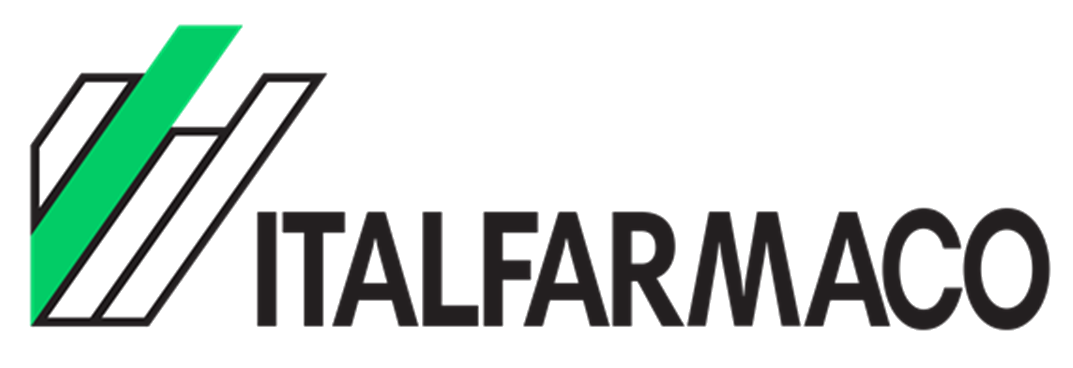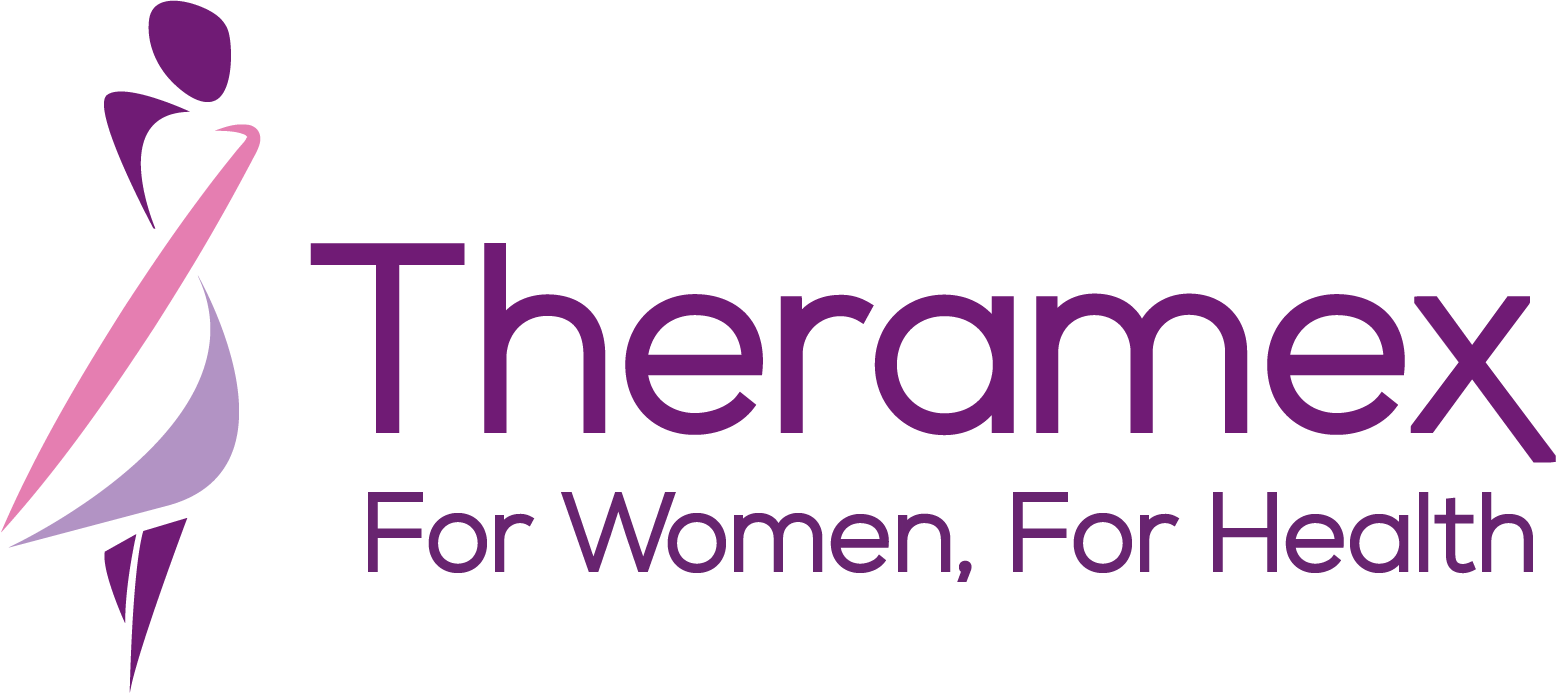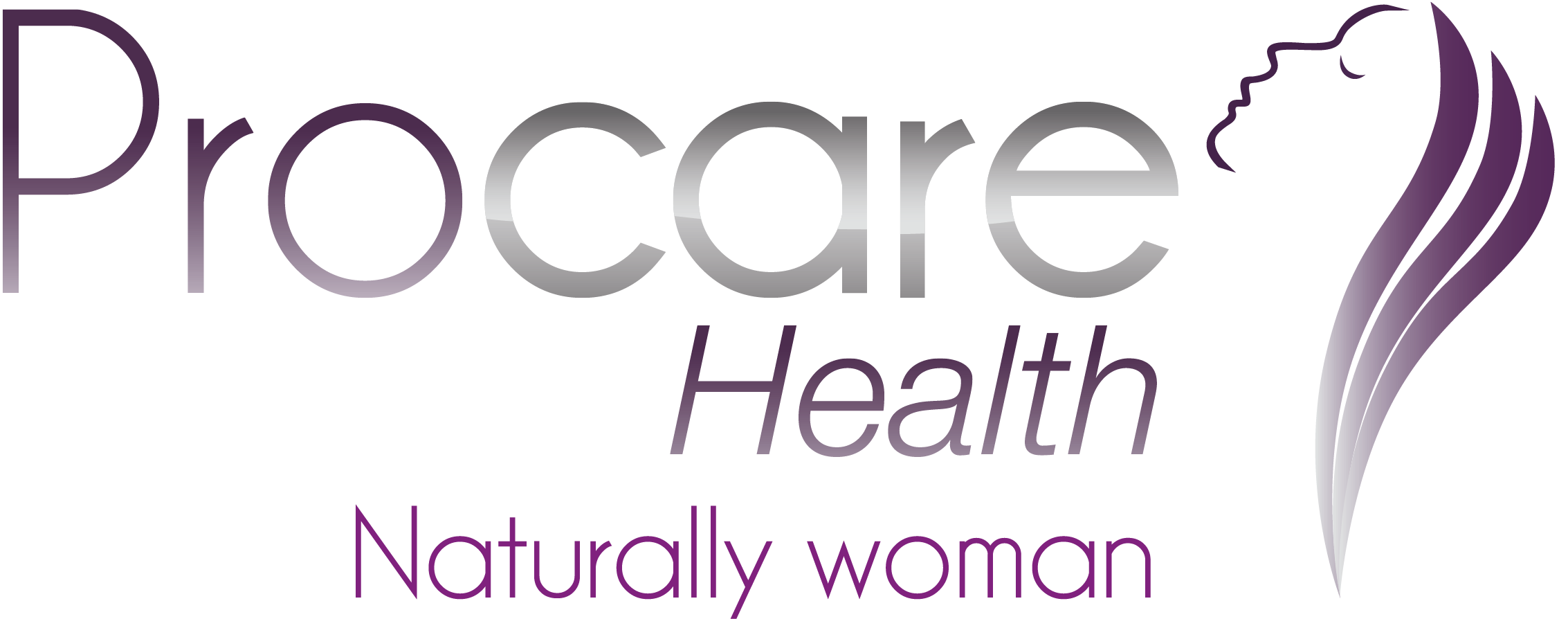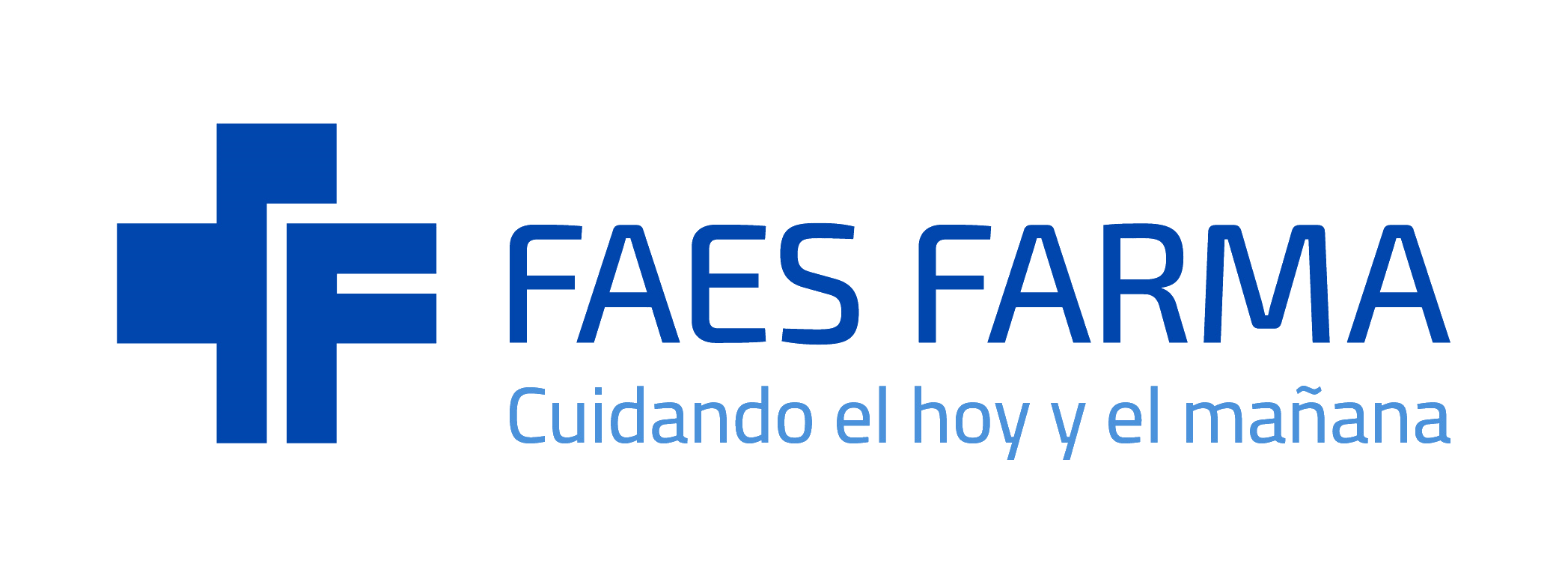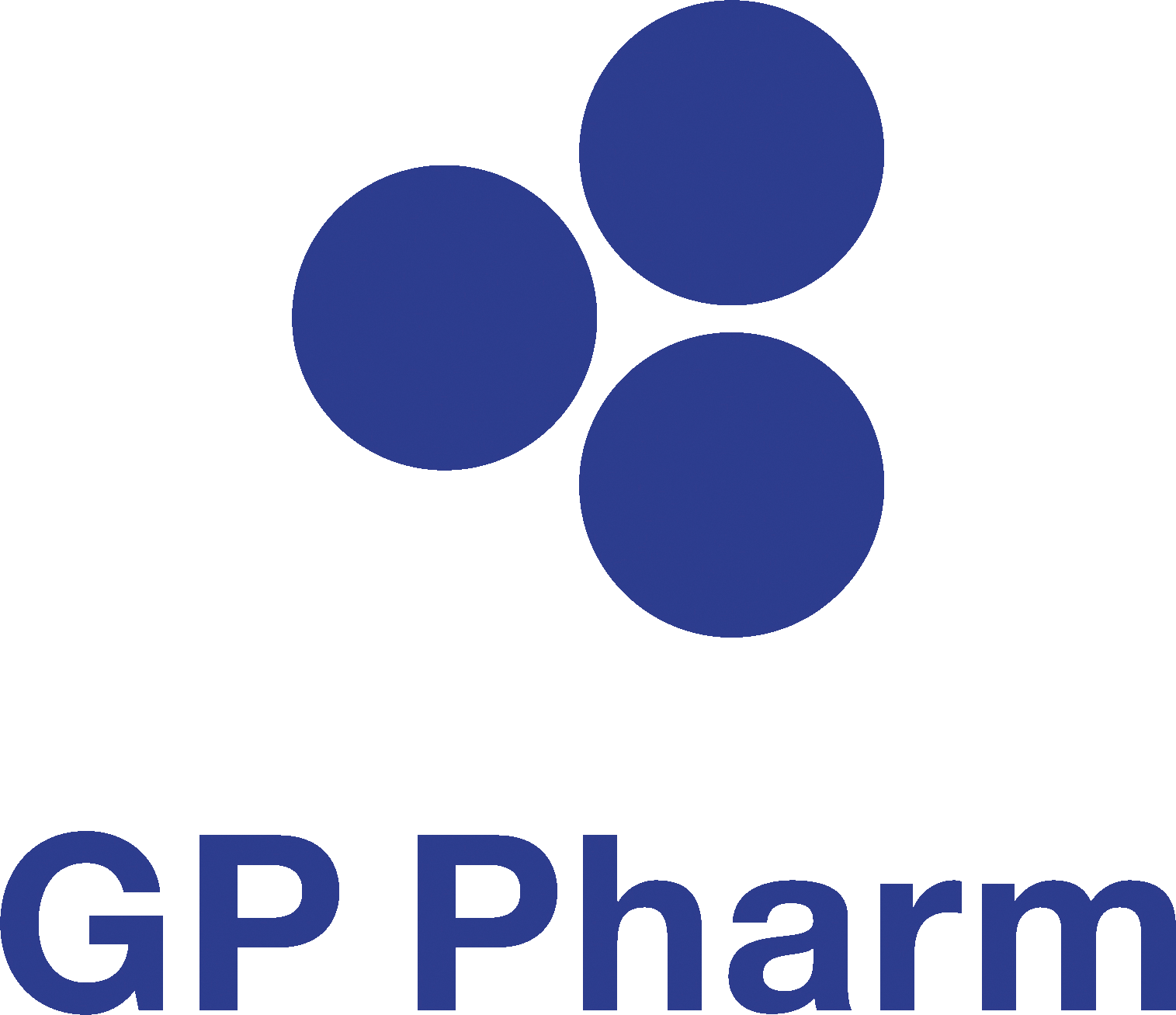Osteocalcin (OC) is a vitamin K-dependent protein synthesized during bone formation. Mice injected with the undercarboxylated form of OC (ucOC) had more skeletal muscle mass and less fat mass than sham-treated controls, suggesting a unique metabolic role for ucOC. UcOC decreases in response to vitamin K supplementation. Our objective was to determine the effect of reducing ucOC on change in lean tissue and fat mass in older community-dwelling adults (n = 401, mean ± SD 69 ± 6 years) using data from a randomized controlled trial of vitamin K supplementation. Over 3 years, serum ucOC was reduced by 58% in women and by 61% in men randomized to vitamin K, whereas in the control group, ucOC decreased by 1% in women and 4% in men 搬瓦工 (supplementation*time p < 0.001 in men and women). However, there were no differences in the change in appendicular lean mass (calculated as arm lean mass + leg lean mass) or total body fat mass between women randomized to vitamin K and control over 3 years (supplementation*time p values all ≥ 0.18) or between men randomized to vitamin K and control (supplementation*time p values all ≥ 0.54). Consistent with these findings, ucOC was not associated cross-sectionally with appendicular lean mass or fat mass in men or women after adjustment for total OC at baseline (all p ≥ 0.12). These findings indicate the undercarboxylated form of OC is not implicated in age-related changes in skeletal muscle or adipose tissue mass in older community-dwelling adults.
J Bone Miner Res. 2017 Feb;32(2):243-249. doi: 10.1002/jbmr.2989.
Shea MK, Dawson-Hughes B, Gundberg CM, Booth SL.



